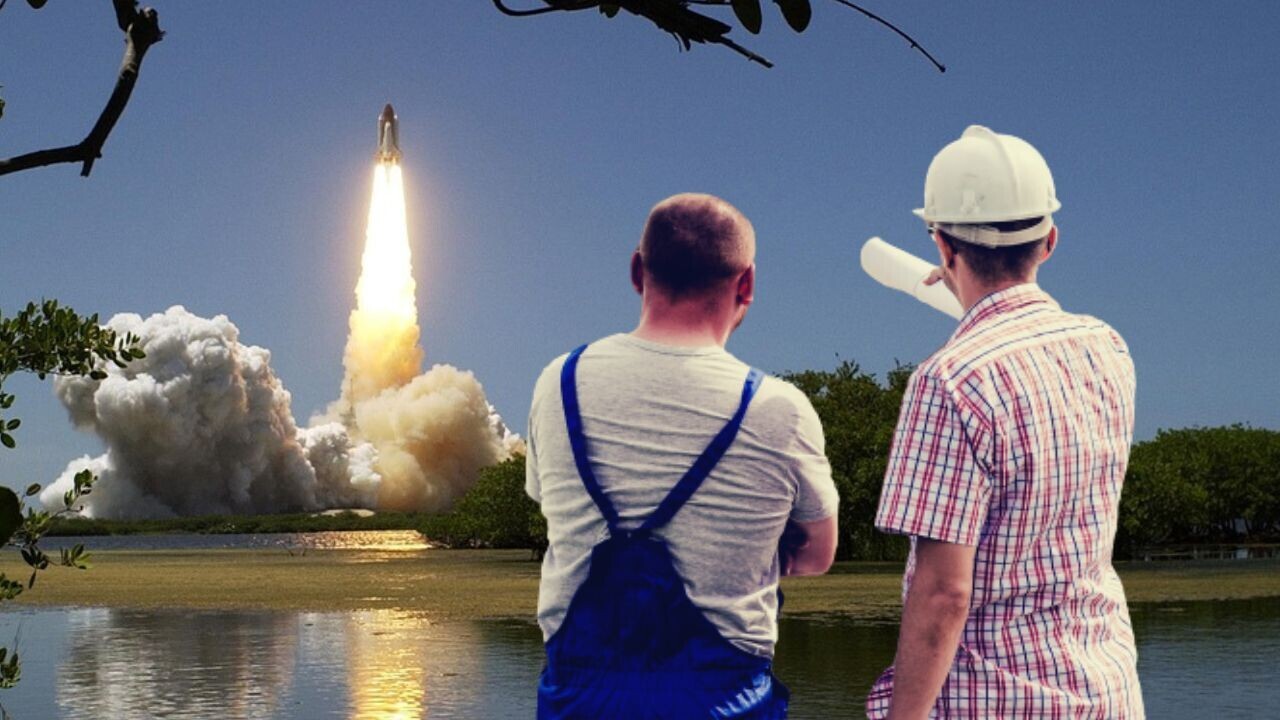The European Space Agency (ESA) has enlisted two companies to develop cargo shuttle vehicles for low Earth orbit.
ESA awarded the new contracts to the Exploration Company in Germany and Thales Alenia Space in Italy.
The services are due to deliver supplies to the International Space Station (ISS).
Once the ISS is retired in 2030, they could also send cargo to the space station’s successors. ESA even envisions the shuttles taking people to the cosmos.
“The LEO Cargo Return Service project exemplifies ESA’s commitment to ensuring Europe’s prominent role in space exploration,” said Daniel Neuenschwander, Director of Human and Robotic Exploration of ESA.
“It prepares us for the post-ISS era, strengthening European industry’s competitiveness in low Earth orbit operations, as well as being a test case for the ESA transformation and working differently.”
According to the Exploration Company, the contract is also important for NASA’s certification of the startup’s vehicle.
Europe ventures into space cargo
The Exploration Company is already building and operating a reusable space capsule called Nyx.
In September 2023, the startup signed a cargo services pre-booking agreement with US-based Axiom Space — the world’s first commercial space station. By joining ESA’s mission, the company has added a new foothold in Europe.
“This historic initiative demonstrates ESA’s agility and willingness to act as an anchor client, hence combining public and private funding, like NASA did about 15 years ago,” said Hélène Huby, the startup’s CEO and co-founder.
Thales Alenia Space, meanwhile, plans to develop an end-to-end commercial passenger and cargo transport service.
Massimo Comparini, a Deputy CEO at the company, said he aims to give Europe “sustainable access” to low Earth orbit. He also wants to create a commercial service for “the global market.”
Debris on the horizon
In other ESA news, 10 nations have joined the agency’s Zero Debris Charter, which aims to end the proliferation of space trash. By 2030, the signatories plan to become “debris neutral.”
The new recruits are Austria, Belgium, Bulgaria, Cyprus, Estonia, Germany, Lithuania, Portugal, Slovakia, and Sweden. Over 100 organisations have also promised to enlist in the coming months, ESA said.
Josef Aschbacher, the agency’s Director General, said the charter shows ESA is at the forefront of space sustainability. He wants ESA to set new norms for “European or even global” rules.
Get the TNW newsletter
Get the most important tech news in your inbox each week.






